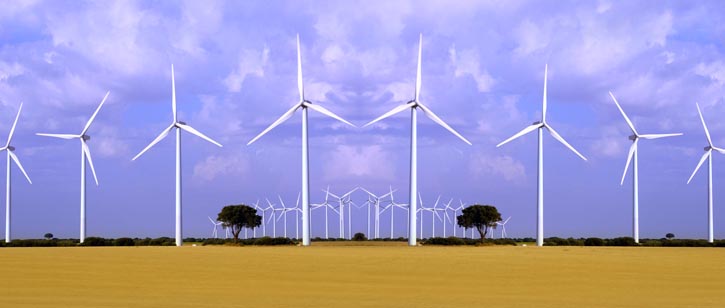Energy
National security depends on science and technology. The United States relies on Los Alamos National Laboratory for the best of both. No place on Earth pursues a broader array of world-class scientific endeavors.

Overview
With energy use increasing across the nation and the world, LANL is using its world-class scientific capabilities to enhance national energy security by
- developing energy sources with limited impacts on environment
- improving efficiency and reliability of nation's energy infrastructure
Research directions
LANL’s diverse energy security research enterprise has three main focus areas:
- Materials and concepts for clean energy, including
- Science for renewable energy sources
- Photovoltaics
- Energy storage
- Fuel Cells
- Mitigating the impacts of global energy demand, including
- Climate change prediction
- Infrastucture reliability and security
- Greenhouse gas monitoring and measurement
- CO2 capture and sequestration
- Sustainable nuclear energy, including
- Fundamental advances in nuclear fuels
- Nonproliferation safeguards
- Reactor concepts
- Reactor waste disposition
Capabilities
- Advanced modeling and simulation
- Biofuels, bioenergy
- Carbon dioxode separation, capture, sequestration
- Climate and earth system science
- Energy storage
- Fuel cells
- Geothermal energy
- Hydrogen storage, safety codes, standards
- Infrastructure analysis
- Nanomaterials and composites for energy applications
- Nuclear repository science
- Nuclear fuels design, processing
- Nuclear waste repository science
- Nuclear fuels
- Nuclear materials management
- Nuclear regulatory analysis
- Materials behavior under radiation
- Reactor design and modeling
- Smart grid network science
- Solid state lighting
- Superconductivity
- Unconventional fossil fuels
- Wind and renewable systems integration





